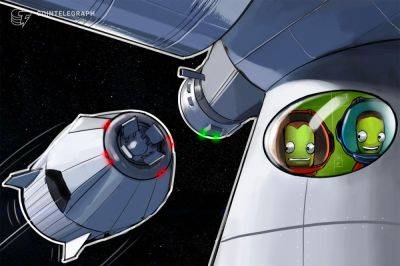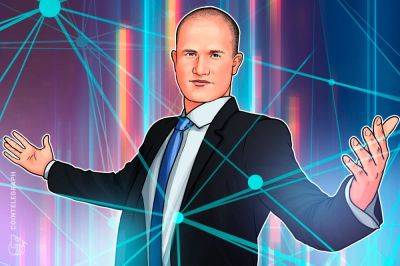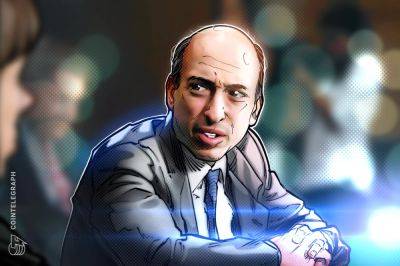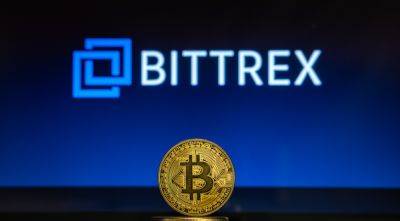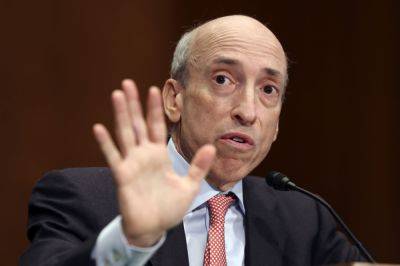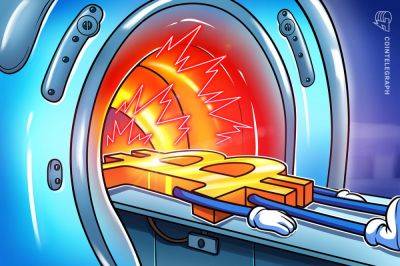Inflation is on the wane, but a longed-for sharp drop is far from in the bag
To tackle inflation, the Bank of England is keeping a close eye on the UK’s tight jobs market, ultra-high energy prices and the crippling cost of food.
These are the three main factors that have sent inflation rocketing over the last 18 months. The question is, has Britain reached a turning point and how quickly will inflation fall?
This week, official figures, to be announced on Wednesday, are expected to show the overall rate of inflation, excluding housing costs, falling to single figures for the first time in seven months.Forecasters expect April’s rate will have dropped by as much as two percentage points from the 10.1% reported in March, reflecting a sharp fall in energy prices and an easing of pressures in the labour market.
The consumer prices index (CPI) measure of inflation is forecast to fall further this year as 12 consecutive interest-rate rises by the central bank take their toll on the disposable incomes of households and businesses.
However, predictions made at the beginning of the year that inflation would slump to 3% by Christmas have been torn up in recent weeks after food continued to become more expensive.
In its most recent economic outlook, the Bank of England said inflation would remain stickier than its officials had estimated back in February, prompting an increase in the forecast for CPI from 3.25% in the last three months of the year to 5.1%.
In another blow to hopes of a sharp slide in inflation, the consultancy Oxford Economics said the easing of the labour market could prove to be shortlived.
In the most recent figures covering the three months to the end of April, job vacancies fell by 55,000 to just over 1m, the 10th consecutive quarterly drop. The number of people of working age not in the
Read more on theguardian.com



